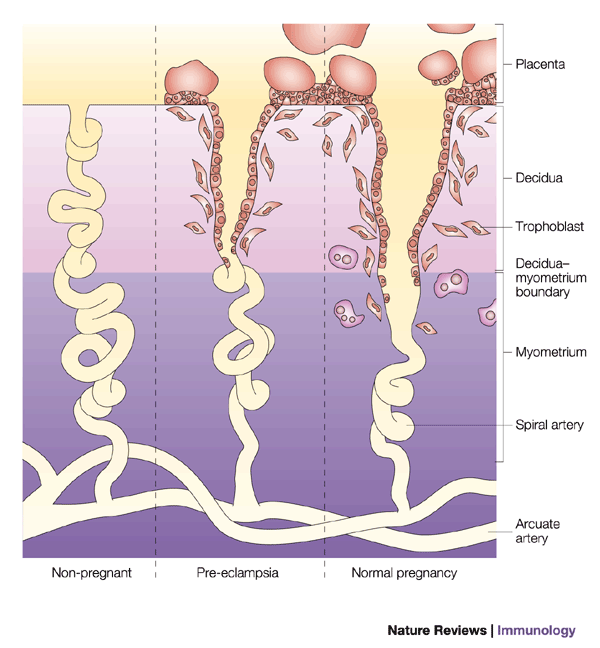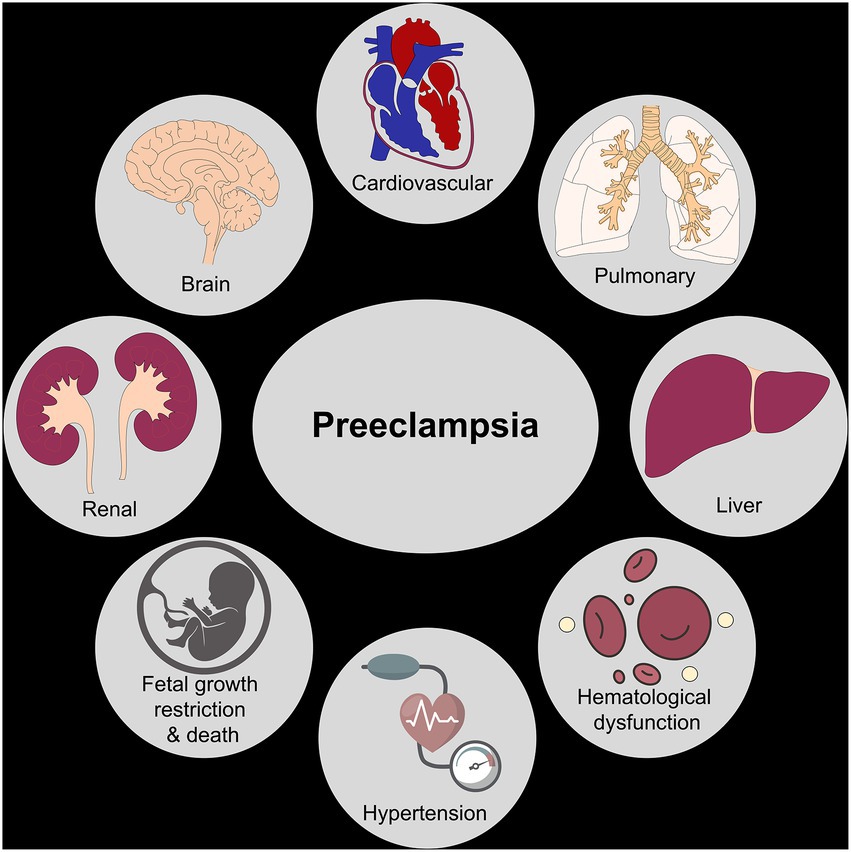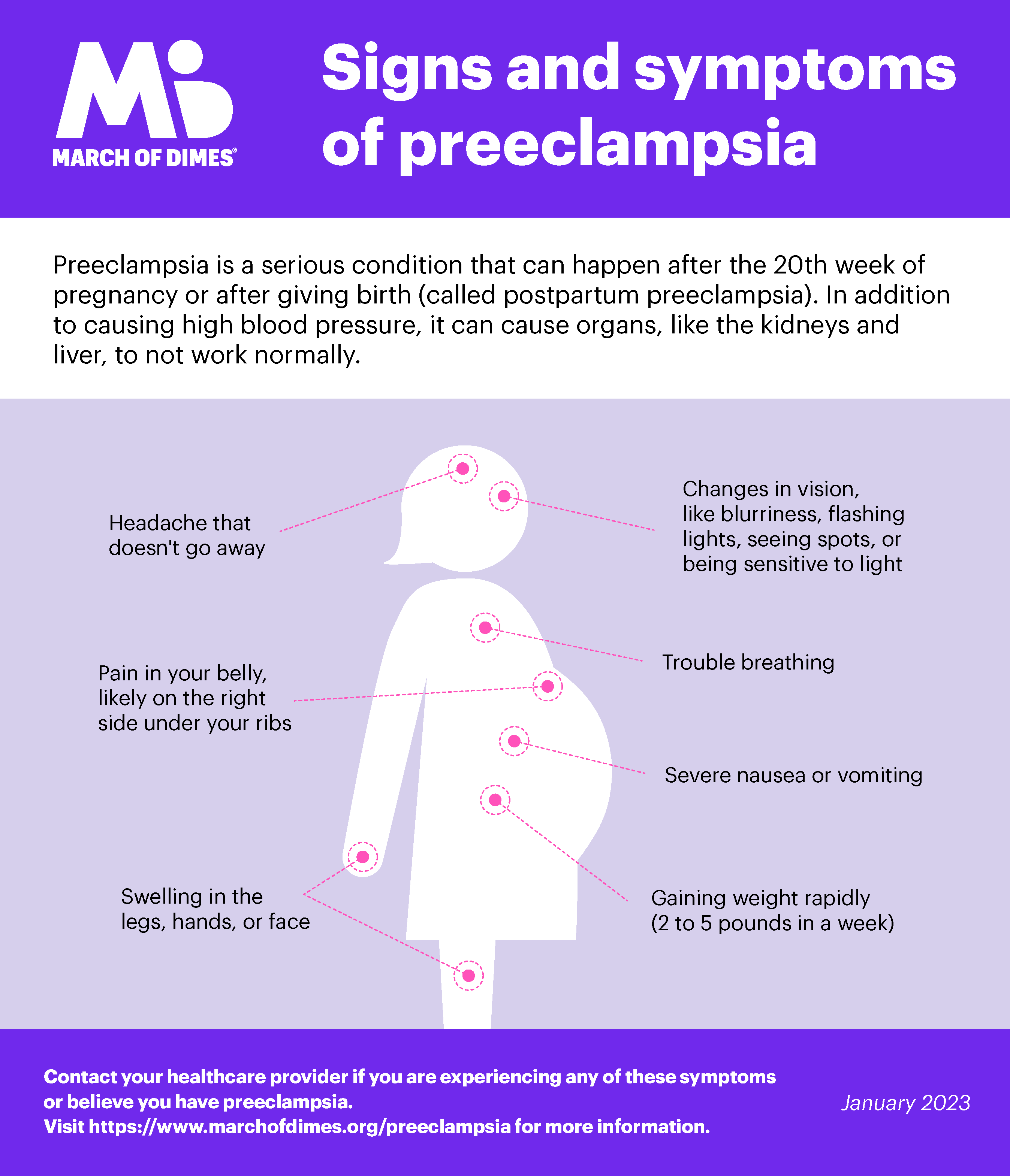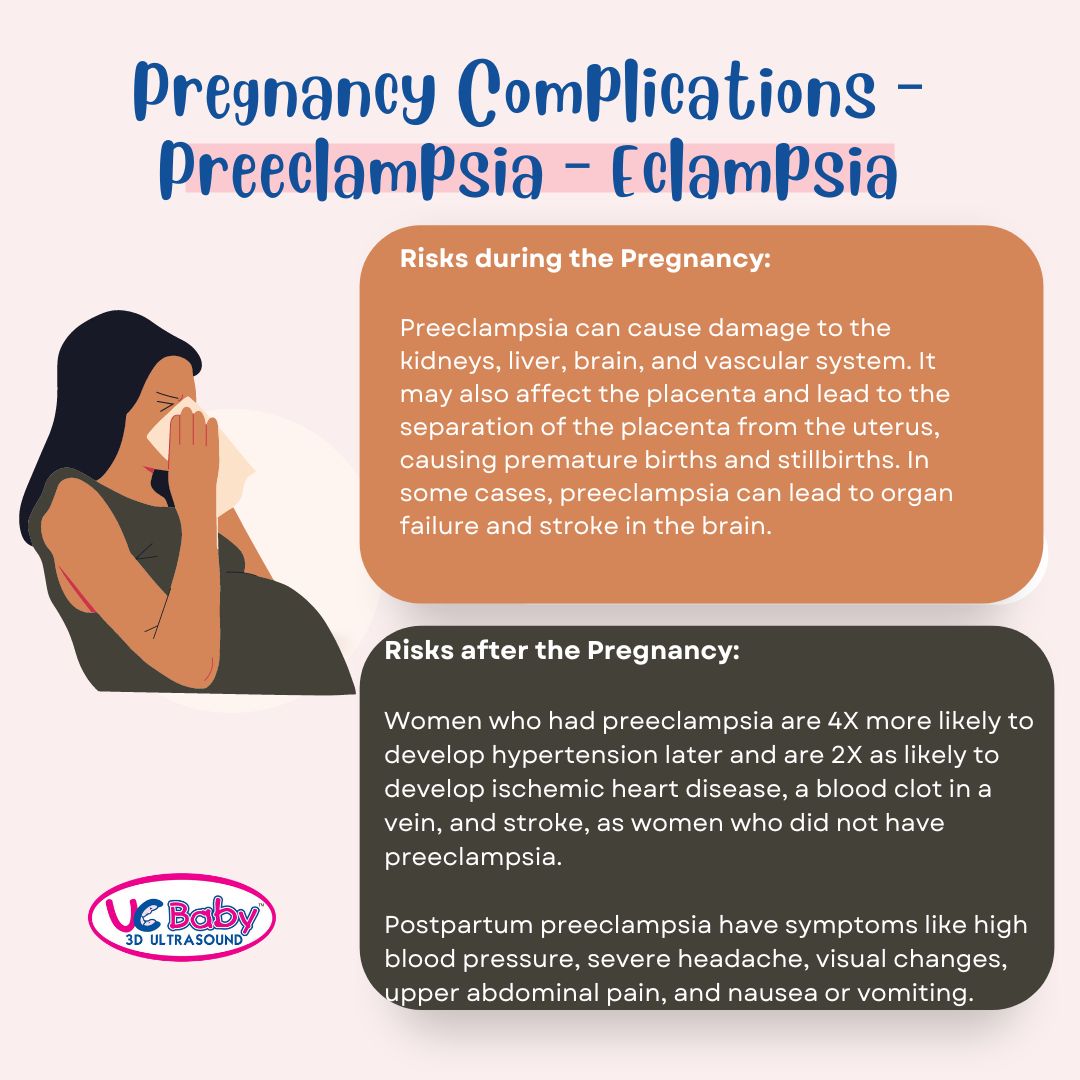Understanding Preeclampsia: Symptoms, Causes, and Risks During Pregnancy
Table of Contents
- Gestational hypertension, preeclampsia, eclampsia, and HELLP: Clinical ...
- Preeclampsia: Types, Symptoms, Causes, Diagnosis & Treatment
- Pregnancy Complications - Preeclampsia - Eclampsia - UC Baby
- Pre Eclampsia - Complication During Pregnancy
- Preeclampsia Pictures
- What a Preeclampsia Diagnosis Means For You and Your Baby
- Preeclampsia Pictures
- Preeclampsia: Causes, Symptoms, and Treatments | SELF
- Preeclampsia | March of Dimes
- Preeclampsia Pictures



Symptoms of Preeclampsia




Causes and Risk Factors



Importance of Early Detection and Treatment
Early detection and treatment of preeclampsia are crucial to preventing complications and ensuring the best possible outcomes for both mother and baby. If left untreated, preeclampsia can lead to severe complications, including: Preterm birth Low birth weight Fetal growth restriction Placental abruption Maternal stroke or organ failure Regular prenatal check-ups and monitoring of blood pressure and urine protein levels can help detect preeclampsia early. Treatment may involve bed rest, medication to lower blood pressure, and close monitoring of the mother and baby. In severe cases, delivery may be necessary to prevent complications. In conclusion, preeclampsia is a serious pregnancy complication that requires prompt attention and treatment. By understanding the symptoms, causes, and risks associated with preeclampsia, expectant mothers can take proactive steps to ensure a healthy pregnancy and minimize the risk of complications. If you are experiencing any symptoms or have concerns about preeclampsia, consult your healthcare provider for guidance and support.Source: Mayo Clinic